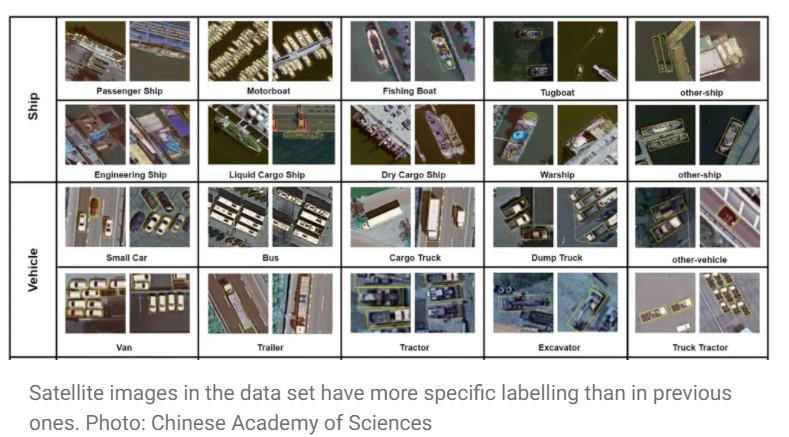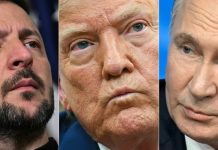Artificial Intelligence or AI has emerged as the new area where the US and its arch-rival China are vying for supremacy.
In a joint session of the US Congress marking his first 100 days in office on Wednesday, President Joe Biden stated that America has to “win the 21st century.”
His words echoed the Cold War sentiments when the US and the Soviet Union were locked in a race across space and arms. In the 21st century, technology has indeed become a new frontier.
On the same day, the Chinese Academy of Sciences announced that to refine the accuracy of AI to recognize objects from space, China launched a satellite imaging database containing detailed information of more than a million locations. The more the dataset, the lesser the margin of error.

China’s 14th Five Year Plan, released last year, mentioned AI as a key area for further development. To cut dependency on American tools, Beijing has started funding indigenous AI companies such as OneFlow Technology to create alternative open-source AI frameworks.
But despite a data set covering more than a billion people, most Chinese companies still on open-source platforms from the US.
What Did Henry Kissinger Say
As several media sources talk about a potential all-out war between the two superpowers, veteran diplomat Henry Kissinger warned that the competition to get an edge in AI could be a source for such an event, in an interview with German newspaper Die Welt.
Known for facilitating the rapprochement between the US and China in the 1970s, Kissinger believes that a policy of confrontation at all levels will lead to similar reciprocation from the Chinese side.
While he believes the US should maintain high performance, Kissinger also stated that it must also find avenues for cooperation and coexistence.
If not, extinction is possible as “artificial intelligence, in its essence is based on the fact that man becomes a partner of machines and that machines can develop their own judgment,” according to Kissinger.
Leonid Bershidsky of Bloomberg questions the paradigm of an AI competition itself. The only place in AI where the US and China could be said to be in a competition is probably in that of investment, a parameter that can be materially observed. As AI is mostly intangible, it cannot be fought over like arms can be.
But in the case of war, AI will become an important factor to ensure victory. US Defense Secretary Lloyd Austin has stated on Friday during his first major policy speech that “the way we fight the next major war is going to look very different from the way we fought the last ones”.
To maintain an edge, the US would need technological advancement, specifically in quantum computing, artificial intelligence, and so-called edge computing, according to Lloyd. This can accelerate response time by allowing data to be processed and shared when it is still being collected. For example — AI will be pivotal in detecting military positions through satellite imagery.
While India lags behind in this competition, its cooperation with the US will give the latter a boost. The US India AI initiative could improve R&D collaboration by removing barriers between the two countries and create a common front against Chinese aggression.
India’s federal government think tank NITI Aayog has been entrusted with establishing a national program on AI. The organization has partnered with several leading AI technology players to implement AI projects in critical areas such as agriculture and health, according to a NITI Aayog discussion paper.




